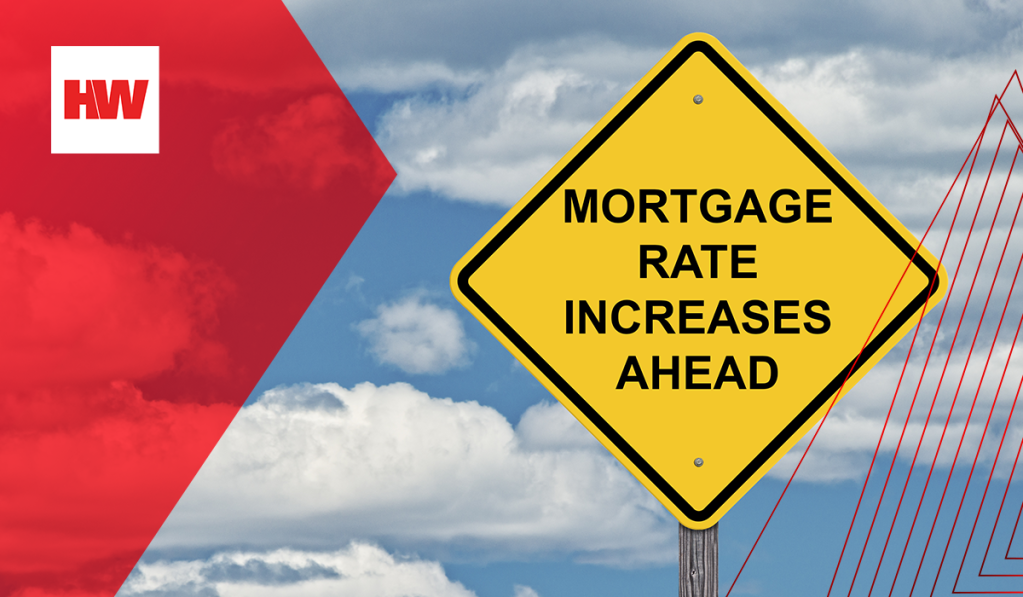The average 30-year-fixed rate mortgage climbed to 3.92% for the week ending Feb. 17, up 23 basis points from the previous week. It’s the highest level since May 2019, according to the latest Freddie Mac PMMS Mortgage Survey.
A year ago, the 30-year fixed-rate mortgage averaged 2.81%. The PMMS report is focused on conventional, conforming, fully amortizing home purchase loans for borrowers who put 20% down and have excellent credit.
“Mortgage rates jumped again due to high inflation and stronger than expected consumer spending,” Sam Khater, Freddie Mac’s chief economist, said in a statement. According to him, “as rates and house prices rise, affordability has become a substantial hurdle for potential homebuyers, especially as inflation threatens to place a strain on consumer budgets.”
Mortgage rates typically move in concert with the 10-year Treasury yield, which reached 2.03% yesterday, compared to 1.94% on the previous Wednesday. The 15-year-fixed-rate mortgage averaged 3.15% last week, up from 2.93% the week prior. A year ago at this time, it averaged 2.21%.
Economists had predicted rates would increase in 2022 as the overall economy stabilized – but would still be close to record-low levels. However, rates rose faster than expected. The Mortgage Bankers Association (MBA) forecasts that 30-year mortgage rates would reach 4% by the end of 2022.
Some mortgage rate indices topped 4% late last week.
Sponsored Video
Joel Kan, MBA’s associate vice president of economic and industry forecasting, told HousingWire that If conditions stay in the current state, we’ll certainly see higher rates.
However, rates could quickly head in the other direction, “if something abroad rocks the boat,” such as an armed conflict between Russia and Ukraine, an emergent Covid variant, or a sudden change in certain commodity prices.
So far, rising rates are impacting borrowers’ appetite.
Mortgage applications decreased 5.4% from the previous week, when rates eclipsed the 4% mark for the first time since 2019, according to the MBA survey for the week ending Feb. 11.
The seasonally adjusted refi index fell 8.9% from the previous week, bringing its share of total applications to the lowest level in 19 months. The survey showed that the refi share of mortgage activity decreased to 52.8% of total applications last week, from 56.2% the previous week.
Meanwhile, the purchase index dropped a mere 1.2% from the previous week. A heavier mix of conventional applications again contributed to another record average loan size at $453,000.






